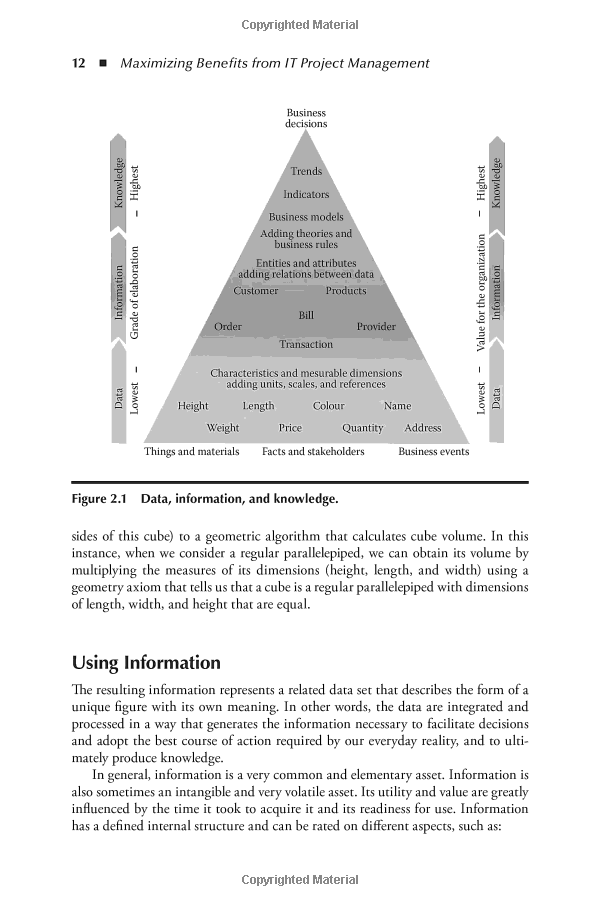Comprehensive Guide to PPP Loan Auditing: Ensuring Compliance and Maximizing Benefits
#### PPP Loan AuditingPPP loan auditing refers to the process of reviewing and verifying the financial records and documentation associated with the Paychec……
#### PPP Loan Auditing
PPP loan auditing refers to the process of reviewing and verifying the financial records and documentation associated with the Paycheck Protection Program (PPP) loans provided to businesses during the COVID-19 pandemic. This auditing process is crucial for ensuring that businesses comply with the terms and conditions set forth by the Small Business Administration (SBA) and that they maximize the benefits of these loans.
The PPP was introduced as part of the Coronavirus Aid, Relief, and Economic Security (CARES) Act to provide financial assistance to small businesses struggling due to the pandemic. The loans were designed to help businesses maintain their workforce and cover essential expenses such as payroll, rent, and utilities. However, to qualify for loan forgiveness, businesses must meet specific criteria and maintain accurate records of how the funds were used.
#### Importance of PPP Loan Auditing
The significance of PPP loan auditing cannot be overstated. With the large volume of loans disbursed and the potential for fraud and misuse, the SBA has implemented strict guidelines for auditing these loans. Businesses must conduct thorough audits to ensure compliance and prepare for potential audits by the SBA or other regulatory bodies.
1. **Compliance Assurance**: One of the primary purposes of PPP loan auditing is to ensure compliance with the loan terms. This includes verifying that funds were used for eligible expenses and that the business met the necessary criteria for loan forgiveness.

2. **Fraud Prevention**: The PPP program has been a target for fraud, with instances of individuals and businesses misrepresenting their eligibility or inflating expenses. Conducting a comprehensive audit helps identify any discrepancies and prevents potential legal issues.
3. **Maximizing Loan Forgiveness**: By accurately documenting expenses and ensuring compliance, businesses can maximize their chances of receiving full loan forgiveness. An effective audit process can help identify eligible expenses that may have been overlooked.
#### Steps in the PPP Loan Auditing Process
The PPP loan auditing process involves several key steps that businesses should follow to ensure a thorough review:

1. **Gather Documentation**: Collect all relevant financial records, including payroll records, tax filings, utility bills, and lease agreements. This documentation is essential for verifying how the loan funds were utilized.
2. **Review Loan Terms**: Familiarize yourself with the specific terms and conditions of the PPP loan, including eligibility criteria and allowable expenses. This understanding is critical for ensuring compliance.
3. **Conduct a Detailed Analysis**: Review the gathered documentation to ensure that all expenses align with the PPP guidelines. This analysis should include comparing actual expenses to the amounts reported on the loan application.
4. **Identify and Address Discrepancies**: If any discrepancies or potential issues are identified during the audit, address them promptly. This may involve correcting financial records or providing additional documentation to support eligible expenses.

5. **Prepare for Potential Audits**: Be prepared for the possibility of an SBA audit by maintaining organized records and documentation. Having a clear audit trail can help facilitate the review process.
#### Conclusion
In conclusion, PPP loan auditing is a critical process for businesses that received funding through the Paycheck Protection Program. By ensuring compliance, preventing fraud, and maximizing loan forgiveness, businesses can navigate the complexities of the PPP effectively. Conducting a thorough audit not only protects the business from potential legal issues but also enhances its financial stability during challenging times. As the landscape of small business funding continues to evolve, staying informed and proactive in auditing practices will be invaluable for long-term success.